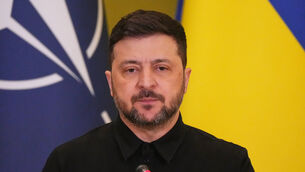Prime Ministers of India and Pakistan meet
Leaders of India and Pakistan held their first direct talks today since they nearly went to war two years ago.
They met face-to-face on the sidelines of a South Asian summit amid high hopes for better relations between the nuclear-armed rivals.














